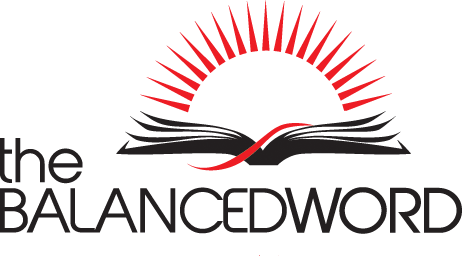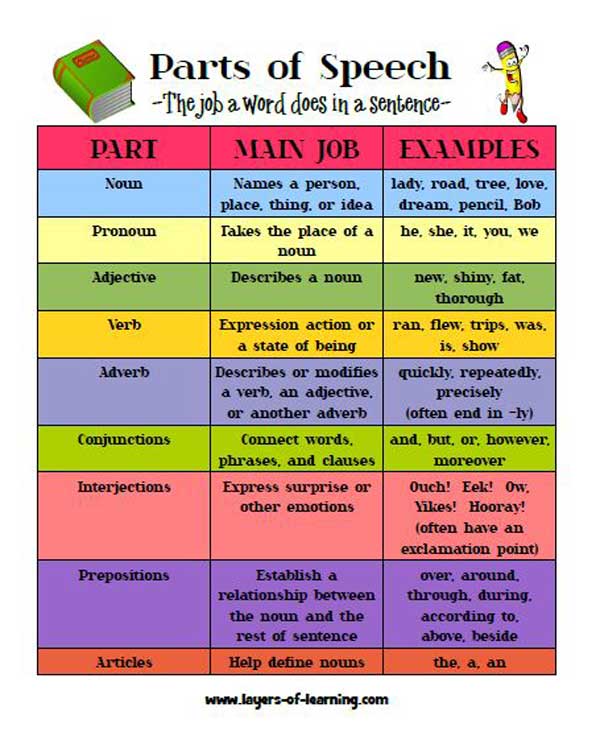

Here, the word down is an adjective modifying escalator. In this sentence, the word down is an adverb modifying turned. In the sentence above, the word down forms the prepositional phrase down the hill. For example, down often functions as a preposition, but it can function in other ways.

Prepositions can also function as other parts of speech. In the sentence above, running functions as a noun. Running in the park takes my mind off work. Gerunds are the -ing forms of verbs that function as nouns: Running modifies she, and chosen modifies the winner. In the sentences above, running and chosen function as adjectives. The winner, chosen at random, collected the prize. Running into the room, she announced the news. Present and past participles (the -ing and -ed forms of verbs) can function as adjectives: In the examples above, to err functions as a noun, to wear functions as an adjective modifying nothing, and to attend functions as an adverb modifying delighted. Specialists often call these “nominal infinitives,” “adjectival infinitives,” and “adverbial infinitives”: Verbals (infinitives, gerunds, and participles) often act like two different parts of speech.Īn infinitive (the “to” form of a verb) can function as a noun, adjective, or adverb.

In the sentence above, the adjectives strong and weak function as nouns. The natural world often pits the strong against the weak. Similarly, adjectives can function as nouns: In the sentence above, apartment is a noun that functions as an adjective.
Nounsįor example, nouns can function as adjectives: Very little thought is required to see that if using C to join A together with B means simply forming the sequence “A C B,” then almost anything can be called a conjunction no stricter or more tightly framed definition has been given.Many words can function as more than one part of speech. It is based on the vague assertion that a conjunction is a word that “joins” two elements together. They are respecting an ancient analysis that doesn’t work. Why then do all dictionaries make the self-evidently false claim that because is a conjunction, and therefore either like that or like and? In short, they are all followers of a tradition that has needed rethinking for 200 years (some would say it’s more like 2,000 years, because it originates in classical times). Also, Because violets are blue, roses are red is a grammatical, alternative way of expressing the same thing as Roses are red because violets are blue. The sentence Roses are red because violets are blue may express a strange claim, but it has a completely different meaning from Violets are blue because roses are red (the causal arrow is reversed). The opposite of all of this holds for because.


 0 kommentar(er)
0 kommentar(er)
